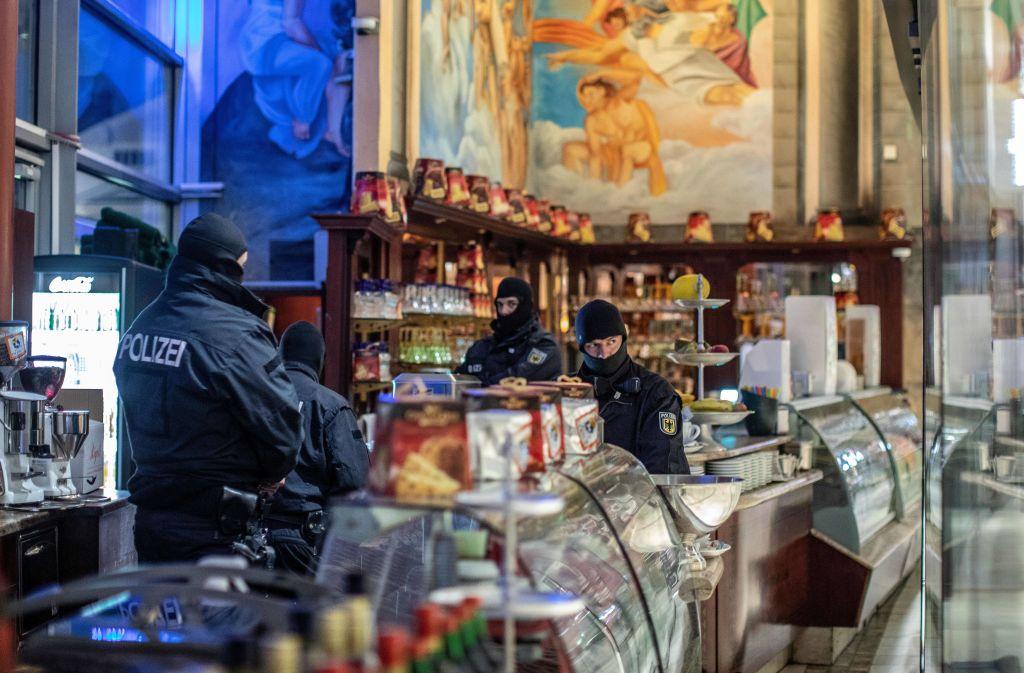Law enforcement agents are conducting coordinated raids in Germany, Italy, Belgium, and the Netherlands in a crackdown on an Italian mob accused of global-scale cocaine trafficking, money laundering, bribery, and violence.
Hundreds of police are understood to be involved in the operation in Belgium, Italy, Germany, and the Netherlands.





